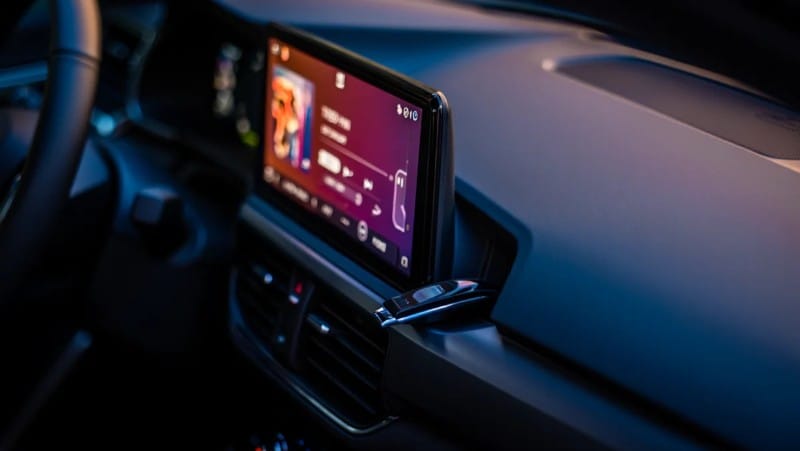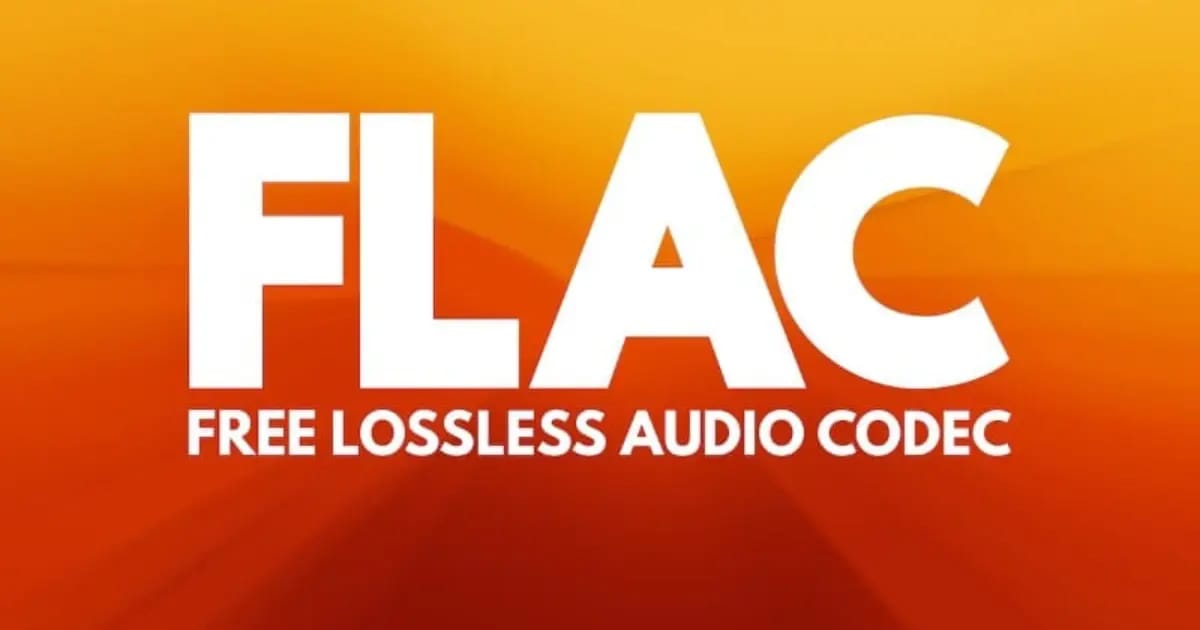FLAC files remain one of the best ways to enjoy music in the car because they balance high-quality sound with convenience and wide compatibility. While high-resolution streaming has become more common, drivers who store and play FLAC files locally still benefit from consistent quality and control over their music library.
What Makes FLAC Different From MP3 and WAV?

FLAC is a lossless audio format that preserves all the details of the original recording while using far less storage than WAV. MP3 compresses music by permanently removing information, which saves space but sacrifices clarity, especially in dynamic or complex passages. WAV delivers perfect quality but creates very large files that can be cumbersome to store and manage.
FLAC provides the best of both worlds:
- Full sound quality that matches the original recording
- Smaller file sizes compared to WAV
- Metadata support for album art, playlists, and track names
For a deeper technical comparison between FLAC, WAV and MP3, see Another Comparison of Digital Audio File Formats on BestCarAudio.com https://www.bestcaraudio.com/another-comparison-of-digital-audio-file-formats/
Why FLAC Is Practical in a Car Environment

FLAC strikes an ideal balance of fidelity, storage efficiency, and compatibility for in-car use. Many modern infotainment systems and aftermarket head units recognize FLAC directly from USB drives or SD cards. Because the files are smaller than WAV yet maintain every detail of the music, drivers can carry extensive libraries without filling up their storage devices.
The ability to display proper album and track information also makes browsing easier, which is especially useful while driving. For many enthusiasts, this combination of quality and convenience is what makes FLAC the go-to format for daily use in the car.
Why Local FLAC Files Still Matter Even with Streaming
Locally stored FLAC files guarantee consistent playback quality without relying on cellular coverage, while streaming FLAC still depends on an internet connection. Services like Qobuz, Tidal HiFi Plus, Amazon Music HD/Ultra HD, and Deezer HiFi stream music in FLAC at resolutions up to 24-bit/192 kHz. That level of access is impressive, but it requires constant connectivity. In areas with weak coverage, drivers may encounter buffering, dropouts, or forced quality reductions.
Local FLAC files avoid these issues entirely:
- Reliable playback regardless of cell service or data plan
- No buffering, reduced quality, or interruptions
- The option to carry exactly the music you want, ready at all times
Some streaming services do allow offline downloads in FLAC, which can combine flexibility with reliability. Even so, this requires setup and storage space, making a dedicated FLAC library the most dependable solution.
The Everyday Benefits Enthusiasts Appreciate
The benefits of FLAC extend beyond the realm of dedicated audiophiles. Vocals and acoustic instruments retain clarity at everyday listening levels, subtle details remain intact, and the absence of compression artifacts reduces fatigue during long drives.
Drivers often highlight that FLAC playback offers:
- A clearer, more natural presentation of music
- Reduced fatigue during long listening sessions
- A more engaging way to experience upgraded systems
Even casual listeners frequently notice that music “just sounds better” when played from FLAC compared to heavily compressed formats. For a perspective on what high-resolution audio really delivers, see Why High-Res Audio Matters for Car Audio Enthusiasts
Where FLAC Fits in Today’s Car Audio Systems
FLAC playback is now standard in many audio platforms rather than a niche feature. Aftermarket radios from Kenwood, Pioneer, Alpine, and Sony routinely list FLAC support among their core features, and automakers increasingly include FLAC decoding in factory infotainment systems. For anyone unsure about compatibility, professional mobile enhancement retailers can confirm whether an existing system supports FLAC and suggest the best way to integrate lossless playback.
To better understand the limits of high-resolution formats, also check Hi-Res Audio Isn’t Necessarily High-Fidelity Audio
Conclusion: FLAC Remains the Smart Choice for Drivers Who Care About Sound

FLAC continues to offer the right blend of sound quality, storage efficiency, and everyday usability. While streaming services have expanded access to lossless audio, locally stored FLAC files remain the most consistent and reliable way to enjoy music in the car. For drivers who care about clear, detailed sound, FLAC is still the smart choice.
Drop by a reputable mobile enhancement retailer near you to explore playback options for FLAC and other high-quality audio formats. You can find great shops using our Dealer Locator.

